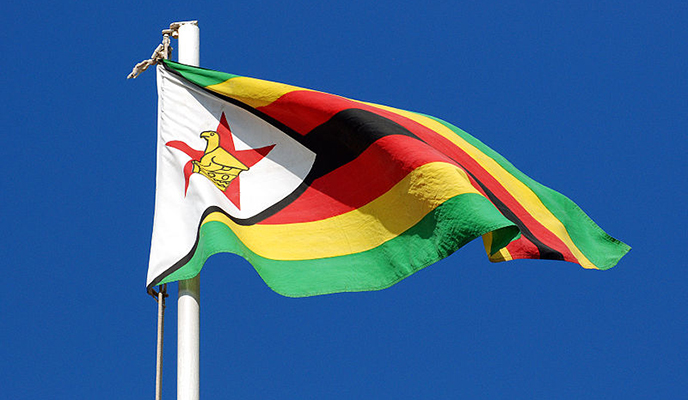It may sound odd to many but Zimbabwe has ‘big business’. That is big companies that make significant profits on a yearly basis. Even in such an assumedly ‘hostile’ environment. And there are some major companies out there. Zimplats, Delta Beverages, Econet Wireless, Meikles Limited, Greenfuels, Innscor and a number of significant others that are listed on Zimbabwe’s Stock Exchange.
Some of their end of year profit figures are pretty too high though we do not always get the actual figures or know the true goings on in some companies. Hence the now infamous and very politicised catchphrase of the ‘missing US$15 billion’ from diamond mining by private and state controlled companies in eastern Zimbabwe.
This is not to say these companies deliberately seek to hide information. On the contrary a majority of them do ensure they follow legal requirements outlined in the Companies Act of publishing in the press their annual audited financial statements for public scrutiny. And also to indicate to their shareholders that they are viable and going concerns.
But beyond the regular or routine aspects to the operations of big business, there is also that relatively unknown interface between government and big business. Or between a ruling party and big private capital.
Especially where it concerns elections and the retention of power. And there have been a number of examples of big business or at least their leaders supporting political parties. Where it concerns the ruling party it was reported by the media how the Meikles Limited chairman John Moxon donated a fleet of vehicles to Zanu Pf ahead of the 2013 harmonised elections.
The same was rumoured but never quite confirmed with regards how Econet Wireless chairman Strive Masiyiwa was providing some support to the then united main opposition Movement for Democratic Change (MDC) in the early to late 2000s.
This is however not peculiar to Zimbabwe. In the global north and more startling gin the Untied State of America, there is evident collusion between private capital/big business and political parties where it concerns elections. And in part why it usually those with the most donors or the biggest donors that tend to win the elections.
The fact that it happens in the global north should not make it acceptable in the global south.
In Zimbabwe we know that big business portrays itself as obeying the law. But we also know that there is a culture of collusion and exchanges of patronage between state actors and those that are large in the private sector.
And not just for elections.
An interesting development in the last year has been the direct relationship between government and Sakunda Holdings for ‘Command Agriculture’. The latter company is reported to have funded this government programme to the tune of at least U$199 million according to media reports. What it gets in return is not very clear but the fact that it has various other interests in fuel supply means government may be giving it some forms of tax or other concessions. This is despite the fact that the President’s spokesman George Charamba has argued that the proprietors of this company ‘are committed Zimbabweans bound by the love of their country’.
Whatever the facts of the matter, it would be the right thing for any also ‘committed’ Zimbabwean to raise eyebrows and seek greater accountability from government on the quid pro qou of this relationship. Especially in a year prior to the holding of harmonised elections.
What is however more paramount is the need for Zimbabweans to understand that their national wealth cannot be the preserve of political parties and big business. Whether this be by way of tenders, non-transparent mining or other concessions, or electoral manipulation through material donations that are clearly a form of either vote buying or peddling for political influence in a ruling party or one that has potential to become one.
The challenge therefore goes beyond trying to make ‘big business’ transparent about its role in elections and the electoral cycle. Instead it becomes how we reign it in before it contribute to a cartel of key decision makers about who can become a presidential candidate. For now it appears to be molly-coddling to the ruling establishment.
But that’s a shoo-in. The closer the relationship between it and the ruling establishment the more likely it will determine who leads the country and which party rules or at least whom it will provide with herculean resources to win an election. There is little reason to doubt where its current sympathies lie. Especially when the government and ruling party’s mantra has become the neo-liberal one of ‘ease of doing business’.



